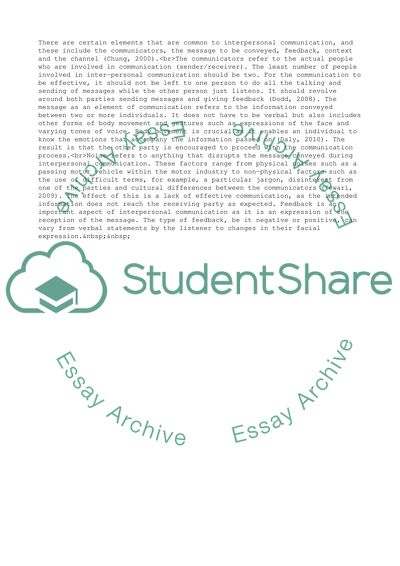Cite this document
(Evaluation of Interpersonal Communication on Managerial in Hotels Case Study, n.d.)
Evaluation of Interpersonal Communication on Managerial in Hotels Case Study. Retrieved from https://studentshare.org/management/1837921-hotel-management-rooms-division-management
Evaluation of Interpersonal Communication on Managerial in Hotels Case Study. Retrieved from https://studentshare.org/management/1837921-hotel-management-rooms-division-management
(Evaluation of Interpersonal Communication on Managerial in Hotels Case Study)
Evaluation of Interpersonal Communication on Managerial in Hotels Case Study. https://studentshare.org/management/1837921-hotel-management-rooms-division-management.
Evaluation of Interpersonal Communication on Managerial in Hotels Case Study. https://studentshare.org/management/1837921-hotel-management-rooms-division-management.
“Evaluation of Interpersonal Communication on Managerial in Hotels Case Study”, n.d. https://studentshare.org/management/1837921-hotel-management-rooms-division-management.


